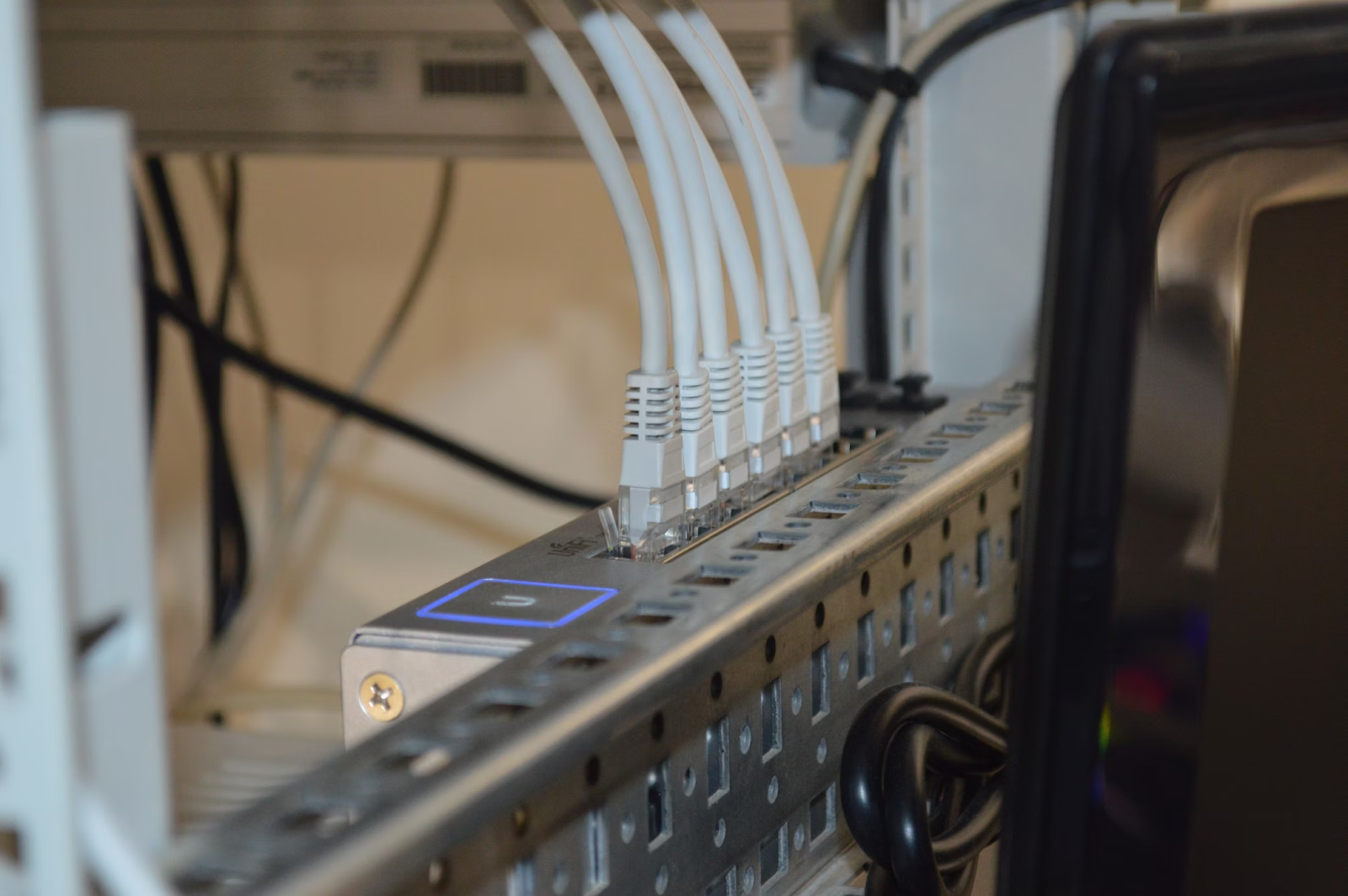In the digital era where the internet has transformed how we live, work, and play, the question now is not if we need a reliable connection, but which one is best suited to meet our individual needs.
Fibre broadband and fixed wireless are two prominent technologies delivering internet connectivity, each with distinct characteristics, and advantages. Let's delve into the key aspects of each technology to make informed decisions about the best decision!
What is Fibre Broadband?
Full Fibre or Fibre To The Premises(FTTP) Known as Fibre optic broadband, this technology uses thin glass or plastic fibre for data transmission at incredibly high speed. This technology enables fast data transfer rates, much faster than traditional copper cable technology. That's why, ISP’s like OCCOM are participating in the State owned Australian National Broadband Network’s full fibre or FTTP upgrade program for the region's improved internet connectivity and security, which eventually benefits the local population.
Advantages of Fibre Broadband
1. Speed and Technology
Talking about the main aspect, speed, fibre connections are capable of delivering faster download and upload speed when compared to the older broadband technologies. Since they use optical fibre for data transmission, this enables them to deliver high speeds up to 1 Gbps. Offering symmetrical performance, fibre is an ideal choice for bandwidth-intensive activities such as streaming high-definition video, online gaming, and large file transfers.
2. Reliability
Fibre optic cables are highly reliable because they are less sensitive to interference and environmental factors compared to traditional copper cables. This results in a more stable and reliable connection and reduces downtime with consistent performance even during peak periods.
3. Future Proofing
This is because data traffic continues to increase with technological advancements. Modern fibre technology therefore supports the higher and increasing network demands of users and can be upgraded further. A future-proof investment worth it!
4. Cost & Installation
Fibre installation can be expensive and time-consuming. This requires extensive ditches and infrastructure. However, the main feature of this technology lies in the long-term benefits of reduced maintenance costs and the potential for future upgrades without significant additional investment.
5. Improved Security
Fibre technology offers improved security features because fibre transmission is significantly more difficult to breach than wireless transmission . Unlike wireless transmission, fibre cable is not prone to electromagnetic emanations. This way users can access the internet without worrying much about privacy and Cyber Attackers.
What is Fixed Wireless Internet?
This technology uses radio waves to transmit internet data via radio waves. Fixed wireless internet is a base station that communicates with a fixed antenna installed on your property. This is usually on the roof. Base stations are typically connected to a service provider's backbone via fibre or other wired technology. This setup is different from mobile or satellite wireless internet. Because it uses a ground antenna and does not require a satellite dish.
1. Technology and Speed
Fixed wireless transmits fixed wireless Internet signals via radio signals between fixed points. They typically use LTE or 5G technology, although they can offer competitive speeds. But these speeds can vary depending on factors such as distance from the tower and network congestion.
2. Quick installation
Compared to fibre, wireless installations are generally less complex and can be completed in a shorter time period. This can reduce the time it takes for customers to connect to the internet.
3. Performance Limitations
Even though it is easy to install, it can experience performance issues during peak hours due to shared bandwidth between users. This increases slow speed and lag, especially in densely populated areas or during periods of high demand.
4. Cost-Effectiveness
Fixed wireless networks are cheaper to deploy where there is limited or no fibre infrastructure. This makes it a viable solution in rural or underserved areas where fibre infrastructure may not be economically feasible. But it can increase operating costs in the long run. If frequent upgrades or maintenance are required due to capacity limit.
Fibre Broadband vs Fixed Wireless: Choosing the right technology
1. Performance Comparison
Fibre typically provides faster speeds and more consistent performance than fixed wireless. It is ideal for bandwidth-hungry applications such as 4K video streaming, online gaming and downloading large files. Fixed wireless networks are relatively slower, but it still provides enough speed for most daily activities like web browsing, emailing, standard definition video streaming, and more.
2. Overall Cost Comparison
Extensive infrastructure needs, especially in areas where fibre optic cable is not yet available, can lead to higher upfront costs for fibre. Installing a fixed wireless system is usually cheaper. This is especially true in rural or underserved areas where cable is not available. However, ongoing costs can vary greatly depending on the service provider and package selected.
3. Reliability Comparison
Fibre is less susceptible to interference and provides a more stable and reliable connection than fixed wireless. This may be affected by physical obstacles and weather conditions. For businesses that need to use the internet frequently or where downtime can lead to significant losses, fibre is often the preferred option.
The best choice between fibre broadband and fixed wireless depends on several factors. If you require the fastest possible internet speeds for activities like online gaming or video editing, fibre broadband is the preferred option. Next aspect is availability, you need to check if fibre or fixed wireless is available in your area. If fibre is not an option, fixed wireless may be the second best choice. Fibre installation costs can be higher than fixed wireless, but the long-term savings from faster speeds and reliability may offset the initial investment.
Conclusion
Both fibre broadband and fixed wireless have their individual offering aspects. The choice between Fibre Broadband and Fixed Wireless ultimately depends on individual needs and available infrastructure and should be as per the specific user needs, geographical considerations, and budget constraints.







